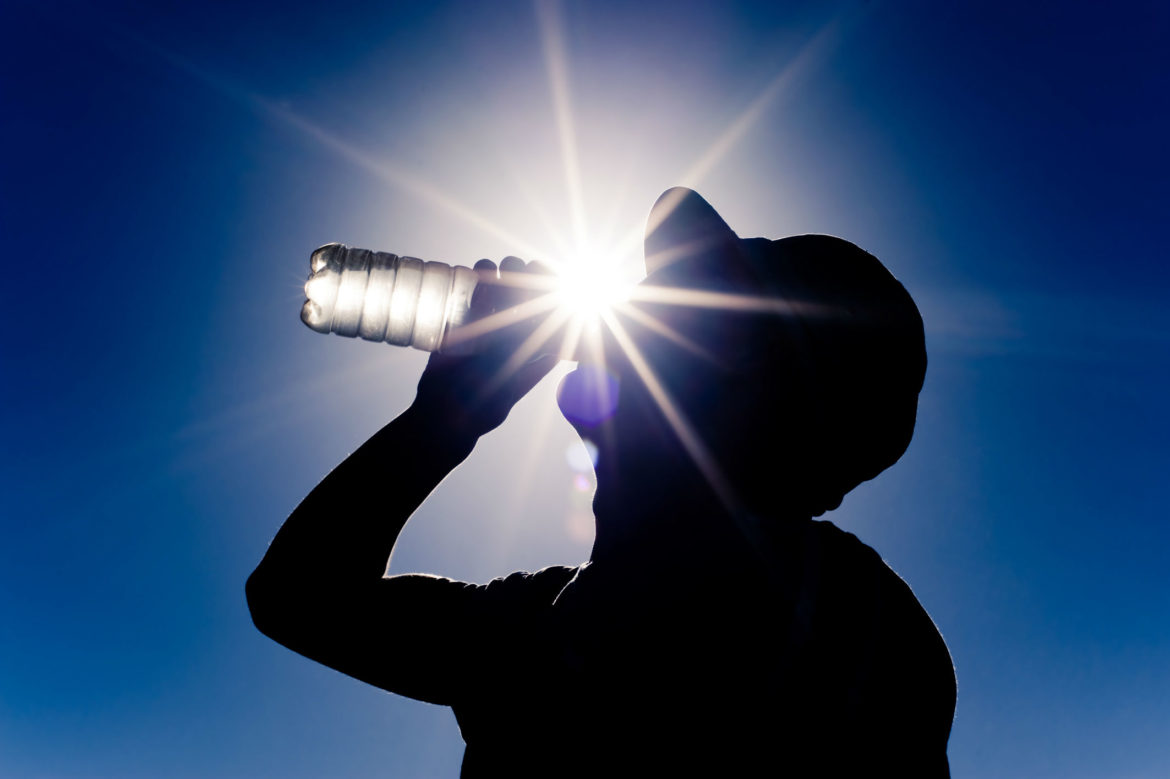Lately we have all felt the harshness of the unforgiving sun. It is paramount that we safeguard ourselves from the adverse effects of the rising temperature, such as heat stroke. Heat stroke is a form of hyperthermia where an individual’s body temperature is elevated significantly to a temperature greater than 105 degrees Fahrenheit. The condition is marked by fever, and often unconsciousness. Other symptoms include: seizures, throbbing headaches, nausea and vomiting, muscle weakness, and rapid heartbeats. It is a medical emergency that can be fatal if not promptly and properly treated, causing death and damage to the brain and other internal organs. To help prevent a heat stroke, the most important measures to take are to avoid dehydration, and vigorous physical activities in extremely hot weather conditions.
Here are a few practical tips to prevent falling victim to a heat stroke:
- Wear clothing that fits tightly to your body to allow it to cool properly. Clothing that is loose and light (weight and colour) also provides the added benefit of not absorbing a lot of the sun’s radiation.
- Use an umbrella to shield yourself from the sun’s rays. A hat is the second best option if you do not have access to an umbrella.
- Sunburn affects the body’s cooling process. Use sunscreen to protect your skin from the sun. For the most effective results use sunscreen with a sun protection factor (SPF) of 30 or greater. Apply generously to exposed areas every two hours, or more if you are out swimming or sweating excessively.
- Remain indoors and in shaded areas as much as possible. For activities that simply must be done out in the open, try to schedule your time in order to engage in those activities at the coolest times of the day (early mornings and late evenings). When exercising, it is wise to drink 24 ounces of water, sports drink, etc. two hours prior, 8 ounces after you are done, and 8 ounces every 20 minutes during.
- As stated earlier, remaining hydrated is essential to maintain a normal body temperature. Drinking at least eight glasses of water, fruit/vegetable juices, coconut water, and sports drinks is recommended to replace sodium and other electrolytes lost from sweating, or a quart of fluids per hour. Avoid drinking caffeinated and alcoholic drinks (this includes sodas and tea) which causes the body to lose fluids quicker. Also, remember to monitor your urine. Darker urine is a likely sign that you are dehydrated.











